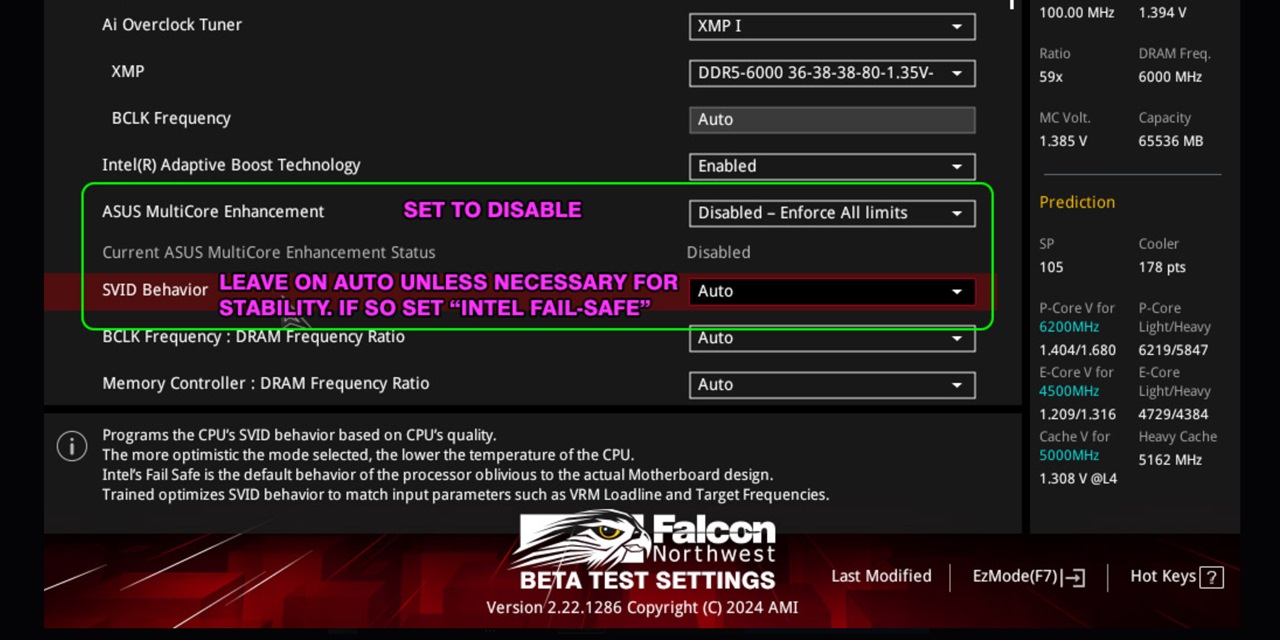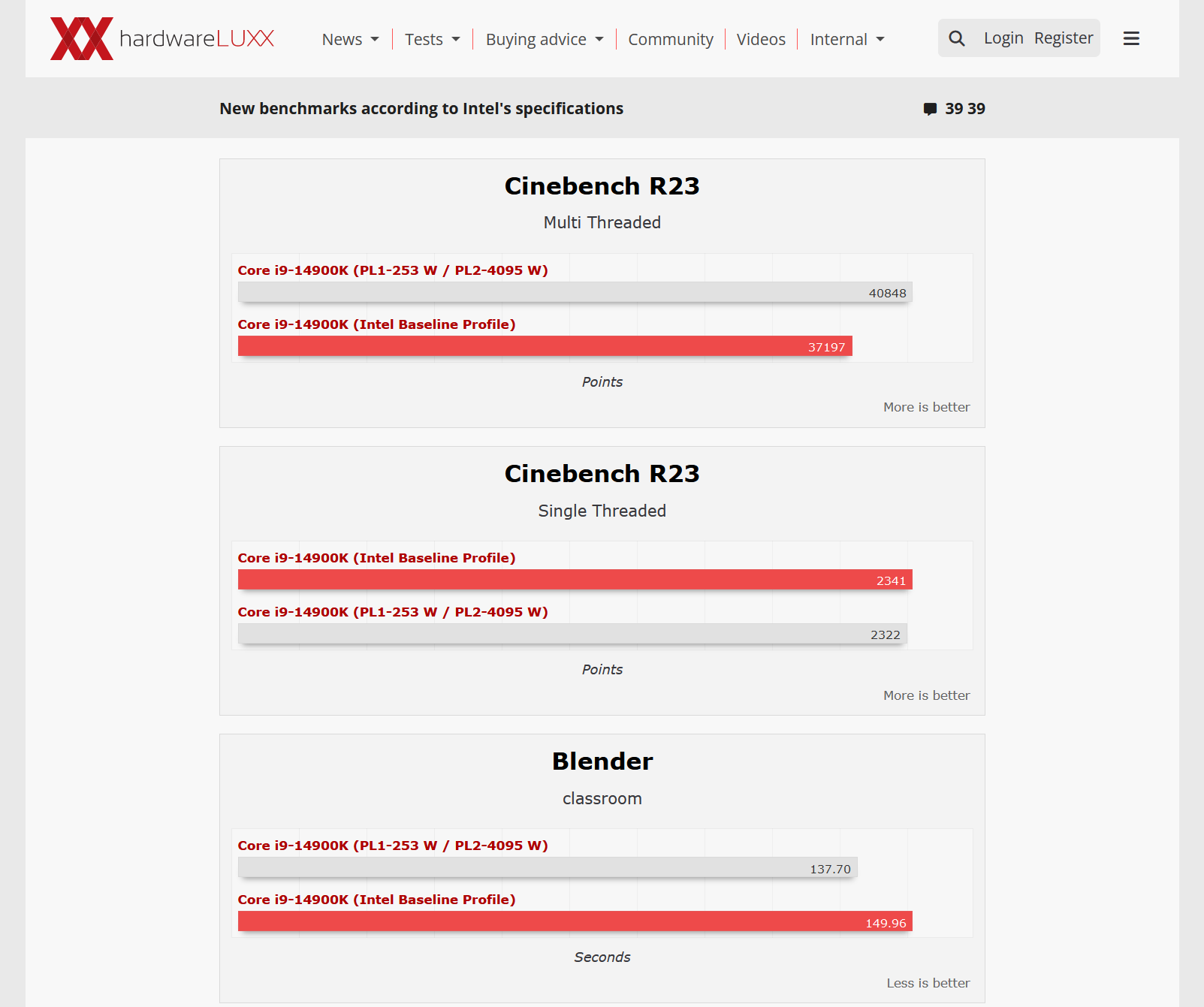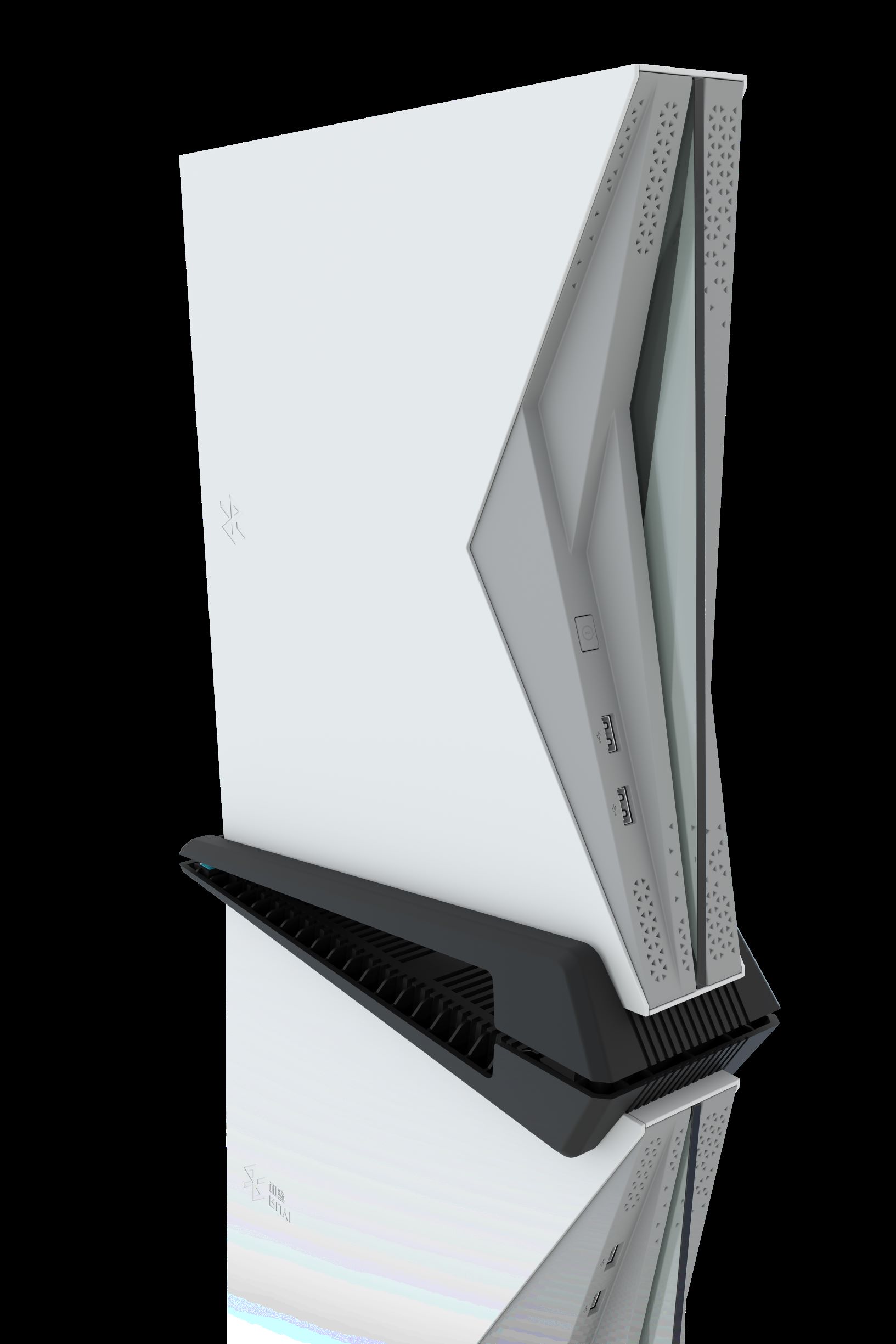Falcon Northwest Mitigation Strategy Paves Way to Fixing Intel 13th and 14th Gen Stability Woes

Breaking News: 4096 Watts Is Not 253 Watts
The reality is beginning to set in: default motherboard values are indeed a problem for Intel’s last two generations of Core i9 desktop processors. Who would have guessed that what amounted to a massive factory overclock could cause stability issues? /s Well, it seems that this was indeed the case.
Falcon Northwest began posting a potential fix on social media last week, providing screenshots of BIOS settings found to mitigate the stability issues on the ASUS Z790 motherboards the company uses:
📢UPDATED 4-18: For anyone experiencing crashes on Intel 13th/14th Gen CPUs, a beta-test mitigation you can try for ASUS Z790 motherboards & i9 K CPUs:
— Falcon Northwest (@FalconNW) April 19, 2024
1) Update to latest BIOS. Load defaults
2) Set all screenshot values, reboot
More👇
Note: not official intel/ASUS guidance pic.twitter.com/DXQVCZlZ3n
Since then, ASUS made things official with a new BIOS update, introducing the new “Intel Baseline Profile” option, which actually forces the CPU to run at stock settings:
So far it has been reported (hardwareLUXX, German language) that running with an actual PL2 (the upper power limit of an Intel processor), and not a placeholder of ~4095 watts, will in fact affect performance:
See more benchmark results – including games – over at hardwareLUXX
Multi-core workloads in particular will be affected, as power of 253 watts is just not sufficient to provide the numbers we were seeing back when 320+ watt power draw was considered normal for an Intel flagship CPU. Single-threaded performance should be unchanged – or possibly even higher, if the Cinebench result above and my own experience with power scaling are any indication.
We do not yet know how running at insane power numbers (and voltages) has affected the long-term health of Intel 13th and 14th Gen Core i9 processors, but even if your motherboard vendor has not provided an update I think it’s time to accept that AMD has faster multi-threaded performance this generation from its Ryzen 9 CPUs, and scale back your power limits to a level closer to the 253-watt maximum actually specified.
Update, 04/24/24: Falcon Northwest is reporting excessive performance issues with initial ASUS BIOS fix, and still recommends using manual mitigation settings. It seems there is still work to be done before the stability issue can be remedied in a standardized way (and by all vendors):
4/23 UPDATE: Our 1st-pass testing of ASUS' new BIOS' with "Intel Baseline Profile" shows they will cripple performance unnecessarily for many K-CPUs. Should fix instability though.
— Falcon Northwest (@FalconNW) April 23, 2024
We still recommend our 4/18 BIOS guidance for now.
More details on what IBP BIOS' affects below👇 pic.twitter.com/wnXPQ63NzG








